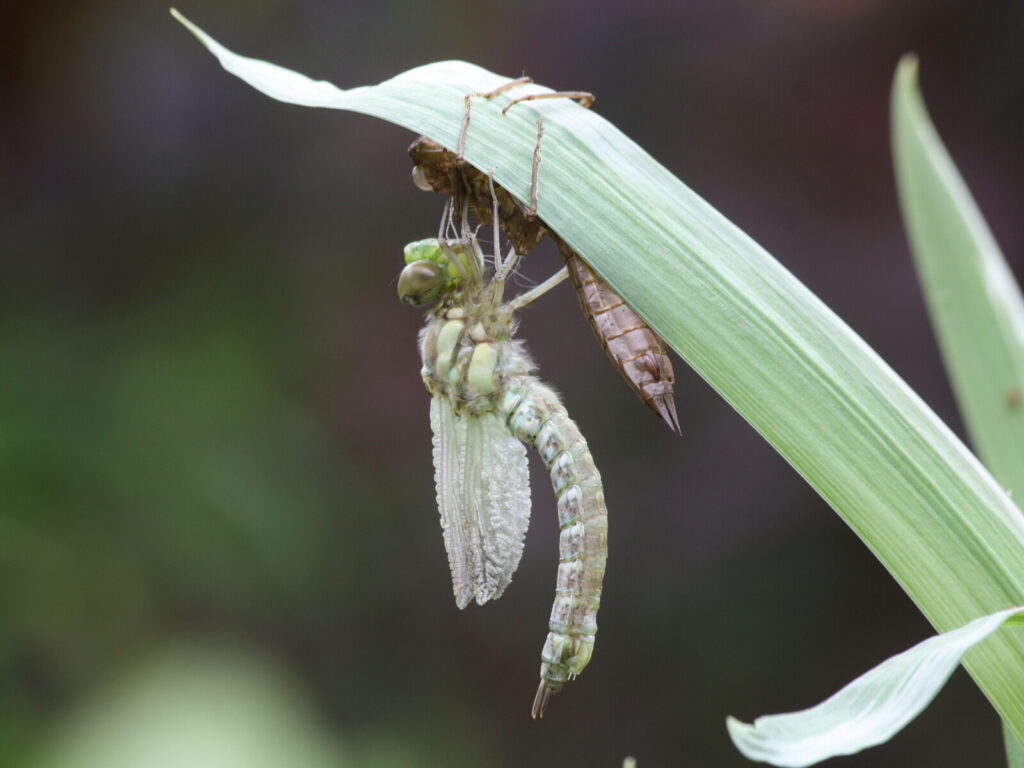
Study shows neonicotinoid water pollution drives decline in dragonfly emergence
01/11/2021
While the impacts of neonicotinoids on pollinators have been widely publicised and condemned, evidence is growing that these agricultural chemicals are having similar consequences for aquatic invertebrates.
In a recent study by the University of California, aquatic insect larvae populations were grown in outdoor pools and exposed to different levels of thiacloprid (insecticide) pollution. As expected, higher concentrations of the neonicotinoid chemical resulted in a significant reduction in the abundance of emerging individuals in all five insect Orders tested (Coleoptera, Diptera, Ephemeroptera, Odonata, and Trichoptera).
In 2017 Buglife reported that neonicotinoids were prevalent in many river systems in Britain; half of the 16 rivers tested in England had chronic or acute contamination levels. The results of this new study suggest that neonicotinoid pollution is likely to have a significant effect on the abundance of emerging dragonflies.
Experimental evidence for neonicotinoid driven decline in aquatic emerging insects ~ full article.
English rivers polluted by powerful insecticides, first tests reveal ~ Guardian article.
Image by Keith Noble.
